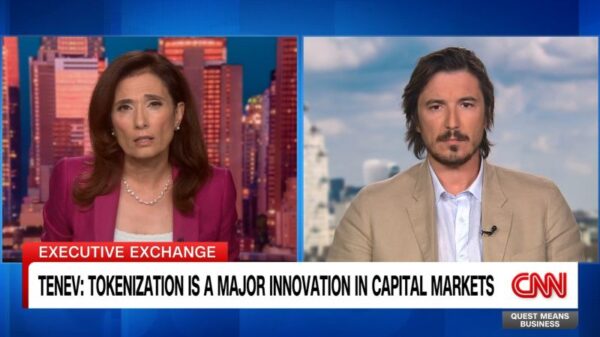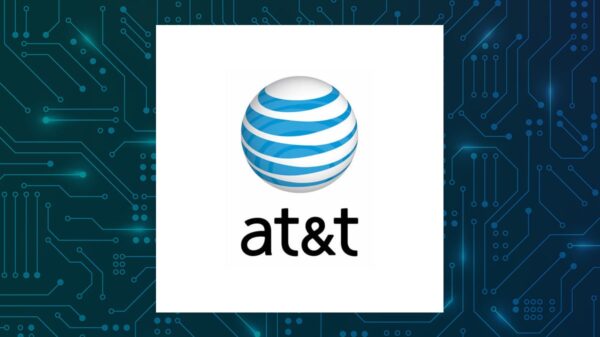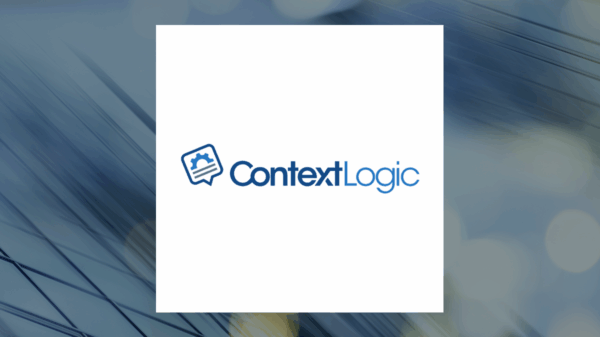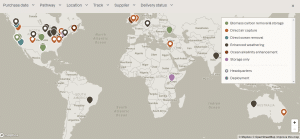A federal judge has ordered attorneys for MyPillow CEO Mike Lindell to pay $6,000 in fines due to the improper use of artificial intelligence (AI) in generating court documents. The filing, which included nearly 30 erroneous citations, referenced non-existent cases and contained misquotations, violating court rules.
On February 25, 2023, U.S. District Judge Nina Wang imposed sanctions on attorneys Christopher Kachouroff and Jennifer DeMaster, fining each $3,000. The AI-generated motion was a response to defamation claims made by Eric Coomer, a former director at Dominion Voting Systems. Coomer accused Lindell of disseminating conspiracy theories regarding election manipulation, which led to a broader defamation case initiated in May 2022.
In a key ruling, a federal jury sided with Coomer on June 16, 2022, awarding him over $2 million in damages, significantly less than the $62.7 million he sought. Judge Wang’s scrutiny of the recent filing revealed substantial citation errors. During a pretrial conference, she questioned Kachouroff about these discrepancies. He acknowledged the use of AI, stating, “I drafted a motion, and then we ran it through AI.” When asked if he verified the citations post-AI processing, he admitted, “I personally did not check it. I am responsible for it not being checked.”
Kachouroff contended that the flawed motion was mistakenly filed as a draft. However, Judge Wang indicated that the final version still contained significant errors not present in earlier drafts. She concluded that the filing was not simply an inadvertent mistake, citing “contradictory statements and the lack of corroborating evidence.”
“Neither Mr. Kachouroff nor Ms. DeMaster provided the Court any explanation as to how those citations appeared in any draft of the Opposition absent the use of generative artificial intelligence or gross carelessness by counsel,” Wang stated in her ruling. She underscored that the sanctions were intended to serve both as a deterrent and a punishment, emphasizing that the court does not take pleasure in sanctioning attorneys who appear before it.
The case raises important questions about the use of AI in legal proceedings, highlighting the critical need for accuracy and verification in court documents. As AI technology continues to evolve, its implications for the legal profession will be closely monitored.
This incident serves as a reminder of the responsibilities legal professionals hold in ensuring the integrity of their filings, particularly when incorporating new technologies in their practices.






















































